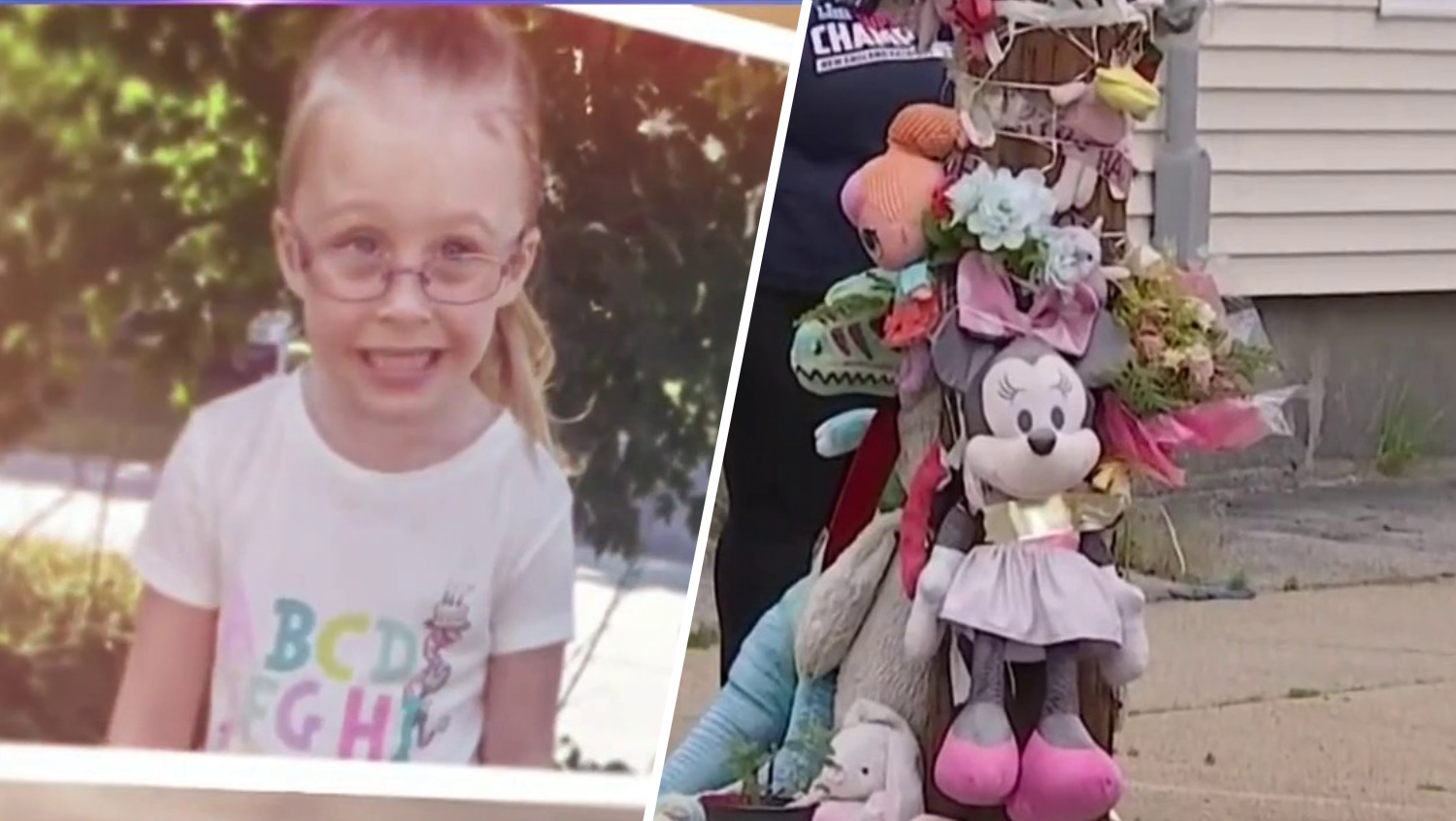State education officials are reviewing school districts' initial reopening plans and expect to issue guidance on athletics and extracurricular activities next week, Elementary and Secondary Education Commissioner Jeff Riley said Tuesday.
Speaking during a Greater Boston Chamber of Commerce panel on school reopenings, Riley said his department will return feedback to districts on their plans this week so school committees can vote on reopening plans.
Get top local stories in Boston delivered to you every morning. Sign up for NBC Boston's News Headlines newsletter.
The Baker administration's school reopening guidance, which is supported by the American Academy of Pediatrics, called for districts to prepare for three models of instruction -- entirely in-person, entirely remote, and a hybrid -- and to submit preliminary plans to the Department of Elementary and Secondary by last Friday. Final plans are due by August 10.
Riley said that while school committees will make the ultimate call for how a particular district proceeds, a "vast majority" of superintendents prefer a hybrid or in-person model. He said some districts, like those in communities hard hit by the virus, may prefer to start the school year remotely.
Both the Massachusetts Teachers Association and the American Federation of Teachers of Massachusetts have called for a remote start and outlined health and safety conditions they want to see met before buildings reopen.
"What we're trying to do is get as many kids back in person as possible," Riley said. "Even in a hybrid model where maybe the kids only come in half the time, we have asked districts to consider bringing in special needs students and other vulnerable students full-time. We've heard from many special education parents of complex kids that their children have regressed without being in school, without getting the services they need."
Local
In-depth news coverage of the Greater Boston Area.
The Department of Elementary and Secondary Education has been publishing guidance for districts on topics including measures to take if a student contracts COVID-19, transportation and vocational programs.
Riley said a working group that includes department staff and members of the Massachusetts Interscholastic Athletic Association is working to figure out if schools will offer sports this year.
"What I would say now is if we do choose to have them there might be some modifications to them, but final word on that won't come out until next week," he said.
Schools that bring students into classrooms either full-time or part-time will need to comply with a host of new precautions, including mask-wearing and social distancing.
In Boston, Superintendent Brenda Cassellius said a full in-person return is not feasible because of the size of many school buildings and the cost of transporting students in a way that would comply with the state's guidance that limits buses to one student per bench seat.
"Boston has to do hybrid if we want to do any in-person," she said.
More than half of Boston's schools were built before 1940, Cassellius said. She said district staff have been walking through school buildings to make sure windows are in working order, since those without HVAC systems will need to have open windows. She said bathrooms are being scrubbed down, cleaning supplies are being ordered, and steps are being taken to make sure water can be heated to appropriate temperatures for hand-washing.
Some school districts have already begun announcing which model they intend to use to kick off the coming semester.
Riley said he thinks the department's August 10 deadline set an appropriate timeframe for making fall decisions.
"It's been a couple of people that have kind of jumped the gun and made decisions early, which is too bad because I think we're trying to wait to get as much information as possible," he said. "I think making a decision in mid-July would be a mistake."
The state budget for this fiscal year remains unsettled, and it's unclear how much additional federal aid might come from Washington, D.C. to the state or to local governments.
State officials last week announced they would hold local and school aid at last year's levels, plus an additional $107 million in school aid to cover inflation and enrollment factors. Federal dollars have also been made available to help schools reopen.
Riley said his department was "very clear" in its initial round of reopening guidance "that the cost of doing reopening is going to be more than level service," with money needed for costs like technology and safety supplies.
"We're grateful that it looks like Beacon Hill is going to level-service our budget, but what I've said is it's going to take more money than that," Riley said. He said he's hopeful the federal government will finalize a fourth stimulus package in the next couple of weeks "which will really guarantee the districts will have the funding they need."



